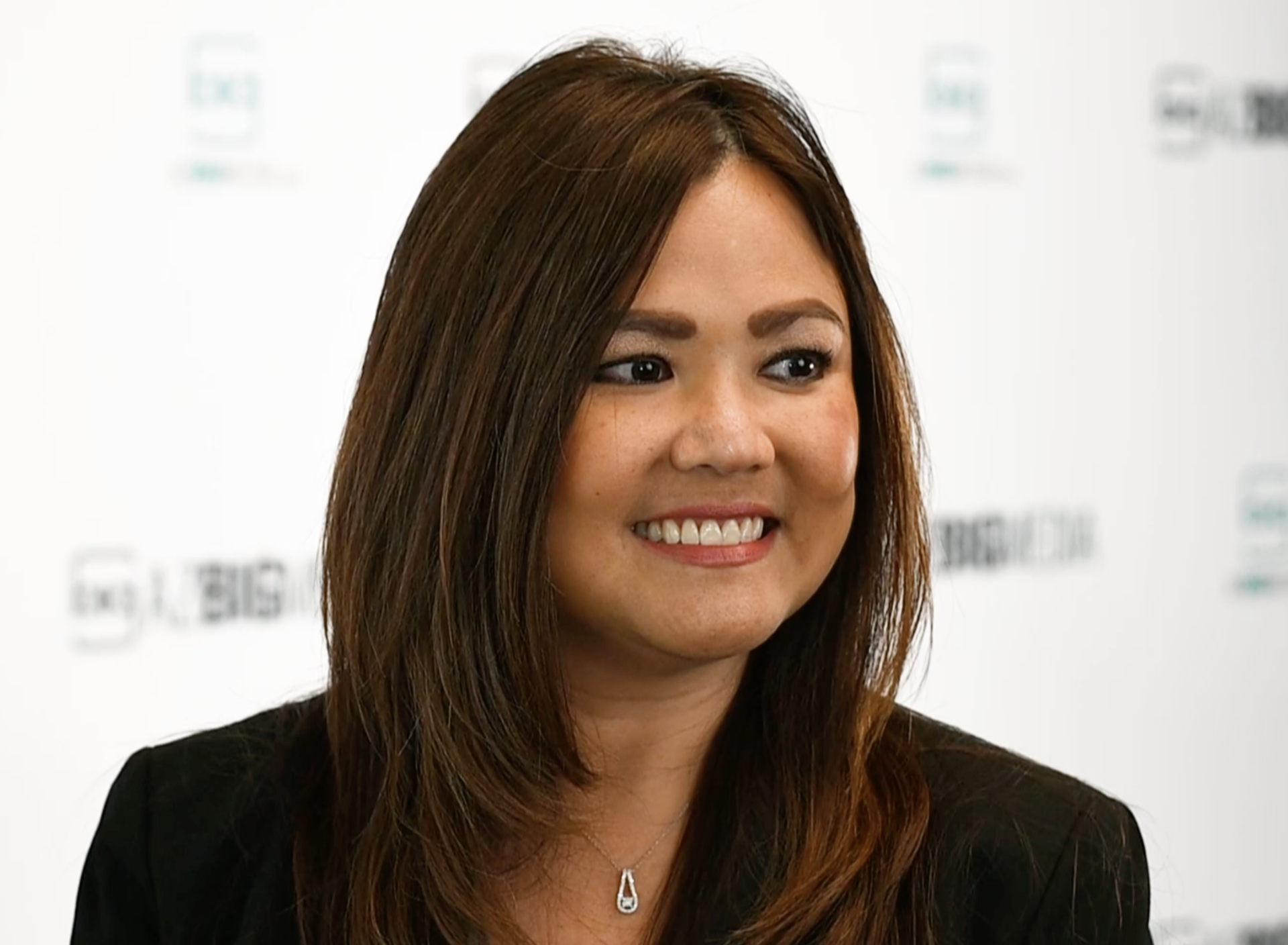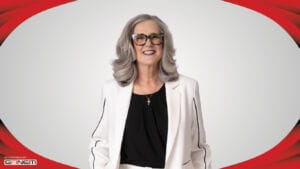As the promise of 2021 looms on the horizon, most people are anxious to close the books on what is likely the most unsettling year — from the pandemic to politics to PPP loans — we will ever experience. Strong leadership has never been more essential than it is today. To share some of their best leadership practices, Az Business magazine sat down with some Arizona business leaders to watch in 2021, including Dr. Valerie M. Kading, group CEO of Sierra Tucson.
Kading, DNP, MBA, MSN, PMHNP-BC, leads the newly-formed Sierra Tucson Group of behavioral health facilities offering inpatient, residential, and outpatient treatment for substance use and co-occurring disorders.
Here is the full transcript of the interview with Valerie M. Kading
Az Business: What’s been the impact of COVID on Sierra Tucson.
Dr. Valerie Kading: The COVID pandemic has really caused Sierra Tucson to focus on the safety of our clients, and not just the safety of our clients, but the safety of our staff. There’s been a real focus on not just managing the environment, but also understanding how this impacts our staff and their families. So there’s been a lot of focus on being compassionate with each other, having extra conversations and communications about what we’re doing so that our staff continue to feel that they’re in a safe environment. So we have certainly looked at how we, as providers, could address a lot of the issues that are coming up because of COVID with our patients.
So we’re seeing more patients coming in with anxiety disorders, with loneliness, with feeling overwhelmed, with losing their jobs and then having very little support. It’s a really interesting time right now because many of us, including experts, had very little guidance on what to do early on. So that caused a lot of tension and stress and even feelings of inadequacy. So everyone was looking for a leader early on, and it was a time for all of us to come together to really understand what the issues were and to think very quickly, and to come up with solutions and reach out to each other and find support and take care of our clients because at the end of the day, we want to make sure that we’re there for our patients and our clients.
AB: What is it about your leadership style or strengths that you’ve been able to lead Sierra Tucson through this extremely challenging period?
VK: This COVID pandemic has really challenged my leadership style and my knowledge of what I thought a leader was, and it has been really quite a humbling experience. So in the beginning, most of us were trying to understand what do we do at this point? I really had to get back to basics and understand and realize what is the most important thing right now? We are in a a state of unknown and people are looking to a leader to understand what is going on and to feel confident. So my leadership style has been to make people feel that we’re all in this together, that despite not having clear guidelines or understanding of what the next step is, that together, we can all come up with a solution and that this will pass and we will do everything we can to gain resources, to gain education and understanding of what’s going on and do what’s right and what’s best for each other and our patients.
AB: Unlike most CEOs who can just say, “Hey, everybody just stay home until this passes,” you couldn’t because you have to treat patients. So what particular challenges did that bring in terms of guiding the organization through the pandemic?
VK: That’s right. We are essential healthcare workers. So we are, just like nurses, physicians, social workers that work in inpatient hospitals, we have patients that needed our help. They were at high risk for overdose, for death and suicide. So it was very vital and critical that we were there to help each patient that came through our doors. So the message was very clear, that we were essential healthcare workers in that our patients and their families needed us. We had a lot of conversations about what it meant to be an essential healthcare worker and how pivotal and instrumental our role was in saving lives, despite the concerns again, with COVID. We were essential and we had to show up, and we had to give everything we could because we had so many people that relied on us.
AB: You have a lot of new things at Sierra Tucson. Can you talk a little bit about some of the changes and some of the new elements you have at Sierra Tucson?
VK: Absolutely. We know that with COVID, there has been increased suicide rate, there’s been increased depression, increased rates of anxiety and substance use. So we have met that challenge. We have understood that again, our role is so instrumental in saving lives. What we’ve done is we’ve increased our capacity to help patients with mood disorders and anxiety disorders. So we’ve expanded our mood program. We’ve also created a healthcare heroes program where we help nurses and physicians and any healthcare worker on the front lines treating COVID-19, and we are addressing the trauma issues and the mood components and the substance use components related to having to experience the traumatic events related to taking care of the COVID-19 patients and being in that environment of high stress, seeing deaths, seeing other people suffering.
AB: Do you expect to see an increasing number of patients coming through your doors just as a direct result of COVID-19?
VK: We will absolutely see an increased need for mental health services and substance use services as a result of COVID-19. Many individuals have either lost their job, and so are struggling financially. There’s very little support in terms of childcare. Many families have had to give up a job because of having to take care of children at home, and there’s increased rates of isolation and that ties into anxiety and depression. Those individuals who have a pre-existing mood disorder, substance use disorder, there’s an increased risk of relapse because of the lack of support. So we certainly know that with this pandemic, there’s a lot of individuals who are going to need the support and help. There’s also been an increase risk of childhood abuse that has been seen with this pandemic. A lot of children who otherwise, received support from child protective services, or perhaps a teacher witnessing concerns with the child, that has shifted because people have been at home. So there’s not just concerns with individuals who are suffering from mood disorders, but the whole family unit is effected as well with this pandemic.
AB: How do you see telemedicine fitting in with mental health treatment?
VK: Telemedicine is a wonderful way to help as many people as possible. It’s innovative, you can reach people in other cities, you can reach individuals who are struggling to leave the house or have issues with childcare. So it’s a great platform to be able to deliver that care. And again, that is something that Sierra Tucson wants to do. We want to make sure that we’re able to share the knowledge and the expertise that we have at Sierra Tucson. While it does have its challenges, again, I believe that the benefits really do outweigh the challenges of the platform.
AB: Can you tell us a little bit about your postpartum depression treatment at Sierra Tucson?
VK: Sierra Tucson has been committed to working with women for many years and women who suffer from postpartum depression, women who suffer from substance use, and we continue to be committed to working with women. Up to 20% of women suffer from postpartum depression. It is an under recognized and under diagnosed condition, and it’s a vitally important diagnosis to be able to identify and treat. Women who suffer from postpartum depression tend to not engage fully with their baby and tend to not care for their child. So this is a setup for negative consequences for the infant and for her child. The health of the mother, the mental health of the mother is, is critical to how the child develops and grows and also, for the health of her family. So Sierra Tucson is extremely committed. I am extremely committed and passionate about helping women, especially women suffering from postpartum depression. So we will continue to treat this women and focus in 2021, on helping this population.
AB: You do such amazing work as Sierra Tucson. What is it about your job that gives you the most pride?
VK: I am absolutely so proud to work at Sierra Tucson. There is so much talent under one roof. There is no other place where you can find a multidisciplinary team of medical nurses, therapists, integrative staff, and everyone comes to work passionate and excited to help everyone that walks through our doors. It’s fantastic to see our clients come in on day one and leave on day 30. Our tagline is, “Expect a miracle,” and we really do see miracles. When we see a patient coming in and then experiencing this multi-disciplinary dynamic team of providers getting their needs met, it’s really quite a miracle to see that and it brings me joy to see that every day. It gives me great joy to see the innovative treatments that we have at Sierra Tucson. We are always looking for how we can improve what we do. We’re never satisfied with the status quo. We’re always looking at the new science, the new interventions that are provided or available and we’re doing it.
AB: How do you see the outlook for 2021?
VK: 2021 is going to be an exciting year. My prediction is that many people in this industry are going to look at other ways of helping individuals. So right now, telemedicine has really bloomed with the pandemic and I know that will continue to explode in 2021. It’s a great way of delivering care without having that interaction, the face-to-face interaction. So it creates an environment of safety. So telemedicine is going to increase. This pandemic has also forced us to look at what we’re currently doing. Is it really effective given the circumstances and the environment? At Sierra Tucson, we’re always looking at innovative ways to deliver care and to reach as many patients as possible. So one of our initiatives in 2021, is to reach as many patients, again, suffering from mood disorders, anxiety disorders, anything that has been a result of COVID-19 and finding ways to provide treatment to those who are working who aren’t necessarily able to come to a 30 day residential treatment, but to provide outpatient treatment telehealth services and to find many avenues to help as many people as possible.




